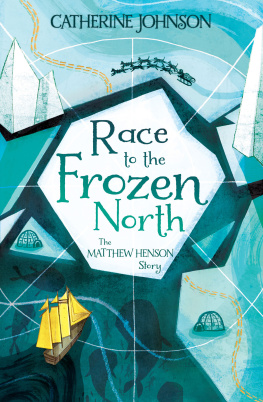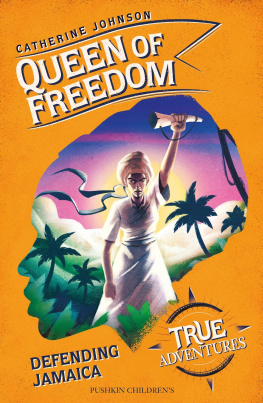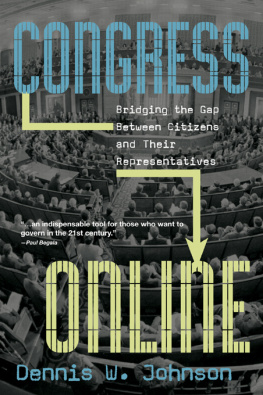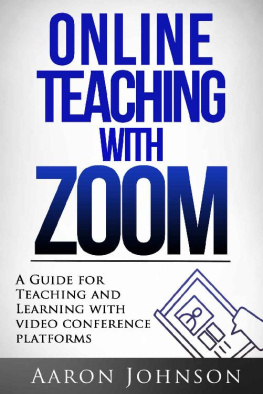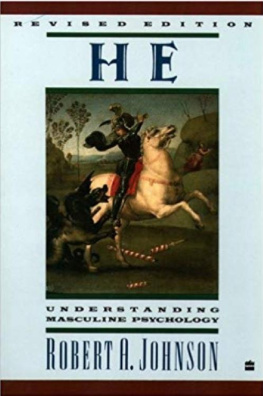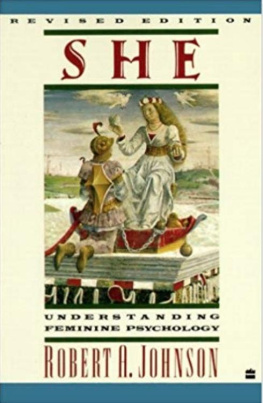
Online TV
With growth in access to high-speed broadband and 4G, and increased ownership of smartphones, tablets and internet-connected television sets, the internet has simultaneously begun to compete with and transform television. Online TV argues that these changes create the conditions for an emergent internet era that challenges the language and concepts that we have to talk about television as a medium.
In a wide-ranging analysis, Catherine Johnson sets out a series of conceptual frameworks designed to provide a clearer language with which to analyse the changes to television in the internet era and to bring into focus the power dynamics of the online TV industry.
From providing definitions of online TV and the online TV industry, to examining the ways in which technology, rights, interfaces and algorithms are used to control and constrain access to audiovisual content, Online TV is a timely intervention into debates about contemporary internet and television cultures. A must-read for any students, scholars and practitioners who want to understand and analyse the ways in which television is intertwining with and being transformed by the internet.
Catherine Johnson is Professor of Media and Communications at the University of Huddersfield, UK. She is the author of Promotional Screen Industries (with Paul Grainge, 2015), Branding Television (2012) and Telefantasy (2005), and the co-editor of Transnational Television History (with Andreas Fickers, 2012) and ITV Cultures (with Rob Turnock, 2005).
First published 2019
by Routledge
2 Park Square, Milton Park, Abingdon, Oxon OX14 4RN
and by Routledge
52 Vanderbilt Avenue, New York, NY 10017
Routledge is an imprint of the Taylor & Francis Group, an informa business
2019 Catherine Johnson
The right of Catherine Johnson to be identified as author of this work has been asserted by her in accordance with sections 77 and 78 of the Copyright, Designs and Patents Act 1988.
All rights reserved. No part of this book may be reprinted or reproduced or utilised in any form or by any electronic, mechanical, or other means, now known or hereafter invented, including photocopying and recording, or in any information storage or retrieval system, without permission in writing from the publishers.
Trademark notice: Product or corporate names may be trademarks or registered trademarks, and are used only for identification and explanation without intent to infringe.
British Library Cataloguing-in-Publication Data
A catalogue record for this book is available from the British Library
Library of Congress Cataloging-in-Publication Data
Names: Johnson, Catherine, 1973- author.
Title: Online TV / Catherine Johnson.
Description: London ; New York : Routledge, 2019. | Includes bibliographical references and index.
Identifiers: LCCN 2018042741 (print) | LCCN 2018053707 (ebook) | ISBN 9781315396828 (ebook) | ISBN 9781138226876 | ISBN 9781138226876(hardback :alk. paper) | ISBN 9781138226883(paperback :alk. paper) | ISBN 9781315396828(ebk)
Subjects: LCSH: Internet television.
Classification: LCC PN1992.923 (ebook) | LCC PN1992.923 .J64 2019 (print) | DDC 384.550285/4678--dc23
LC record available at https://lccn.loc.gov/2018042741
ISBN: 978-1-138-22687-6 (hbk)
ISBN: 978-1-138-22688-3 (pbk)
ISBN: 978-1-315-39682-8 (ebk)
For Bruno Johnson
The original idea for this book came from in-depth discussions with Paul Grainge about potential collaborative research projects. Those conversations helped me to frame the questions that I wanted to ask in this book, and I am deeply grateful to Paul for his generosity in supporting me in taking the project forward as a single-authored monograph. The book was researched and written over a number of years while I was working as an Associate Professor in the Department of Cultural, Media and Visual Studies at the University of Nottingham. I count myself very lucky to have had the opportunity to work in a department with such a fantastic group of colleagues. In particular, Roberta Pearson has been not only a wonderful Head of Department but also a trusted friend who has listened with unending patience to my moans and groans, and has always been there when I needed support. Id also like to express particular thanks to the members of the Institute for Screen Industries Research at the University of Nottingham (Hongwei Bao, Ian Brookes, Liz Evans, Mark Gallagher, Paul Grainge, Leora Hadas, Daniel Mutibwa, Jack Newsinger, Roberta Pearson, Gianluca Sergi, Alex Simcock, Julian Stringer, Jan-Noel Thon) for their incredibly helpful feedback on the first iteration of this books definition of online TV. Emily Rees also offered useful comments on an early version of . Finally, the members of the 2017 sabbatical club (Liz Evans, Gillian Roberts, Maria Ryan and Katherine Shingler) helped me realise how important the communal eating of cake is to the overall writing process. As I move on to pastures new, Im going to miss all of you it is hard to imagine a better bunch of colleagues. Thanks for creating such a warm and supportive environment to work in.
I would not have been able to write this book without a 12-month sabbatical from the University of Nottingham, including six months funded by a Pro-Vice Chancellors Award. Both my department and the School of Cultures, Languages and Area Studies have also provided me with financial assistance to present work in progress at conferences, where I have received insightful feedback that has helped refine and improve my ideas. Beyond my department, Ansgar Koene and Filippo Gilardi gave generously of their time to help me understand algorithms and Chinese online TV services respectively. I was also fortunate enough to be invited by Jonathan Gray to a three-day workshop on the future of television at the University of Wisconsin, Madison, where I had the opportunity to discuss all things online TV with a veritable whos who of TV and media studies scholars: Tim Havens, Eric Hoyt, Derek Johnson, Lori Lopez, Jason Lopez, Jeremy Morris, Amanda Lotz and Serra Tinic. Beyond the pleasures of sipping beer in good company on the shores of Lake Mendota, the in-depth discussions over the course of the workshop helped me clarify just what this book was about. Closer to home, Kim Akass and Sian Barber have been hugely supportive in getting me over the finishing line thanks for your warmth and friendship, and for consistently being able to make me laugh until I cry.
This is the fourth book that I have published with Routledge and I would like to extend my deepest thanks to Natalie Foster, Sheni Kruger, James Askew, Jennifer Vennall and Ruth Berry for their support of the project and for making the whole publishing process so seamless and stress free.
Its hard to write a book without it encroaching into everyday life from time to time, and Im eternally grateful to my friends and family (you know who you are) for their love, patience and forbearance. Special thanks must go to Rob Turnock, not only for putting up with the multitude of occasions when my mind has been preoccupied with book-writing, but also for reading drafts of the entire manuscript not once, but twice! Rob has the uncanny ability of being able to identify exactly where a chapter or argument is going off the rails, and this would not be the book it is without him.



